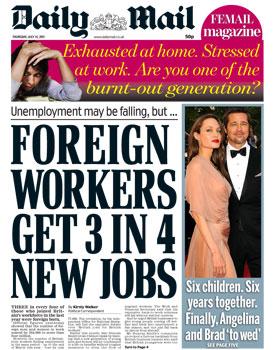Drinking is also a primary means of recreation and a national pastime. It is illiberal to restrict the recreational behaviour of adults when it is only themselves that may come to any harm.
Inevitably, when the issue of alcohol minimum pricing is raised, liberal opinion is split. Ewan Hoyle has made the case in favour, while Mark Thompson has made a harm reduction-based arguments against. As much as it matters, I support open-minded trials of alcohol minimum pricing to discover whether the benefits of such a policy would outweigh the negatives.
However, there seem to me to be flaws with alcohol minimum pricing within what its proponents wants to achieve. A price floor means that the alcohol supply chain gets to take all of the additional revenue that will be made from alcohol sales. This money may well end up being spend on more aggressive advertising campaigns by producers - something of an own-goal when the aim is to reduce alcohol consumption.
It would be far better if the government simply* raised alcohol duty. That way, a price floor would be created through tax, but the revenue would be taken by the government to fund rehabilitation services and education on the dangers of alcohol.
Clearly it is politically difficult to raise alcohol duty by such a large amount, so I would also make alcohol exempt from VAT at the same time. VAT is favoured by economists because of the way it encourages efficiency in the supply chain, but when it comes to addictive drugs, efficiency of supply should be of least concern. As a nice bonus, a switch from VAT to duty would also help put pubs and supermarkets on a level playing field. It is common knowledge that alcohol is cheaper in supermarkets than at the pub. Supermarkets are the epitome of an efficient supply, while pubs provide the added value of a social space in which alcohol can be consumed. With VAT, pubs pay more tax than supermarkets on alcohol that is equally as addictive.
* I say "simply", but the system of alcohol duty is far from it. The IFS has produced the chart below which shows the ridiculously complicated effective rates of alcohol duty currently imposed. All forms of alcohol should be treated like spirits, with taxes levied at a consistent rate relative to its ABV strength. This chart should be subtitled, "when lobbyists take control of the tax system".
























